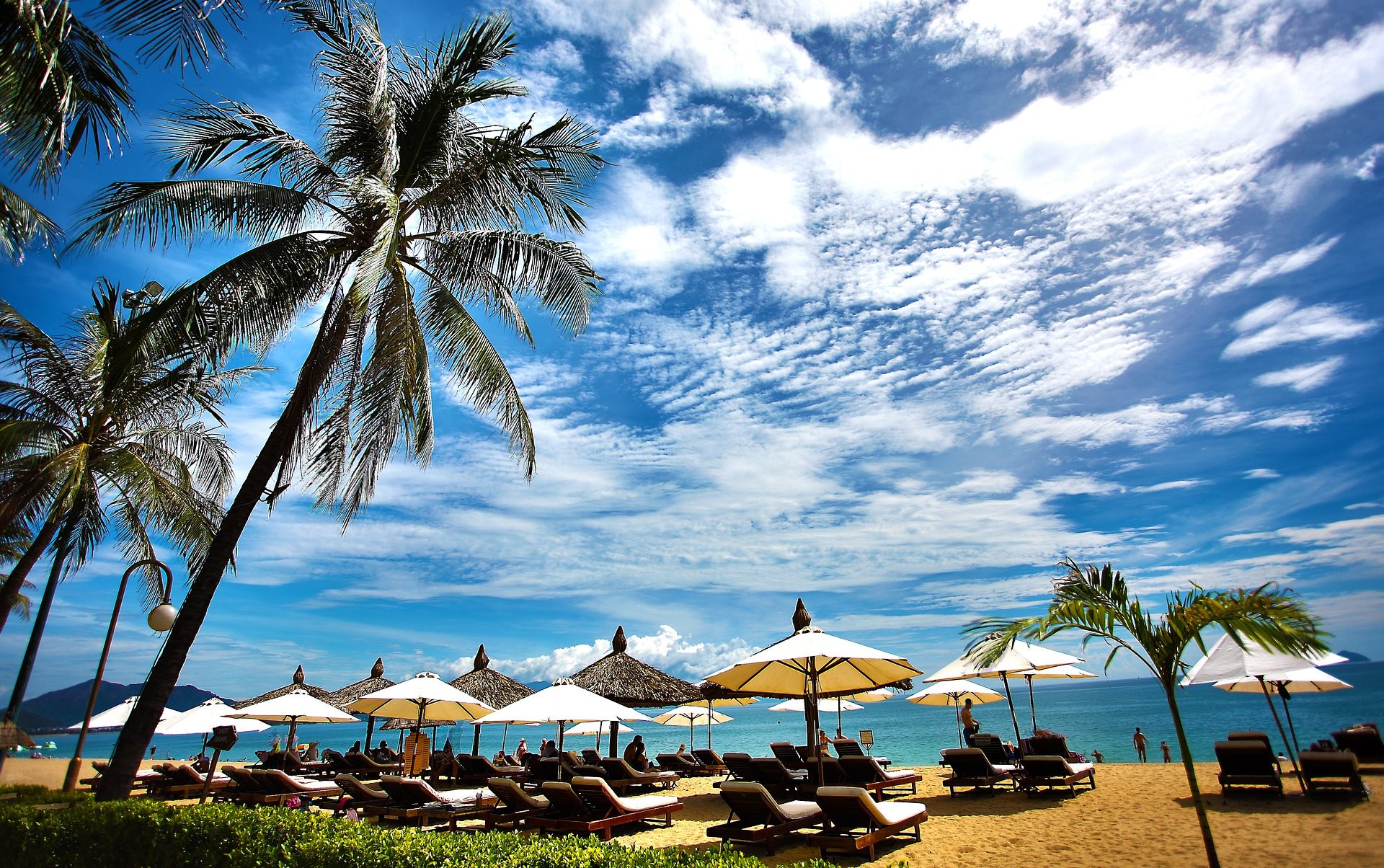Often the phenomena remain invisible to travellers: injustice, exploitation or abuse of people at the holiday resort. Here it is important for tourists as well as hotels and travel companies to show their colours.
Jobs in tourism are often badly paid. In Germany as well, the industry is known for low wages. Working conditions worldwide are often precarious, 24-hour shifts, unpaid overtime and fixed-term contracts on the daily agenda. But the tourism industry can also work for more equality on the spot at holiday destinations, e.g. by ensuring fair working conditions and payment, setting up anonymous complaints offices, sensitizing travellers to human rights issues and generally agreeing on compliance with human rights and safety standards as a prerequisite for cooperation.
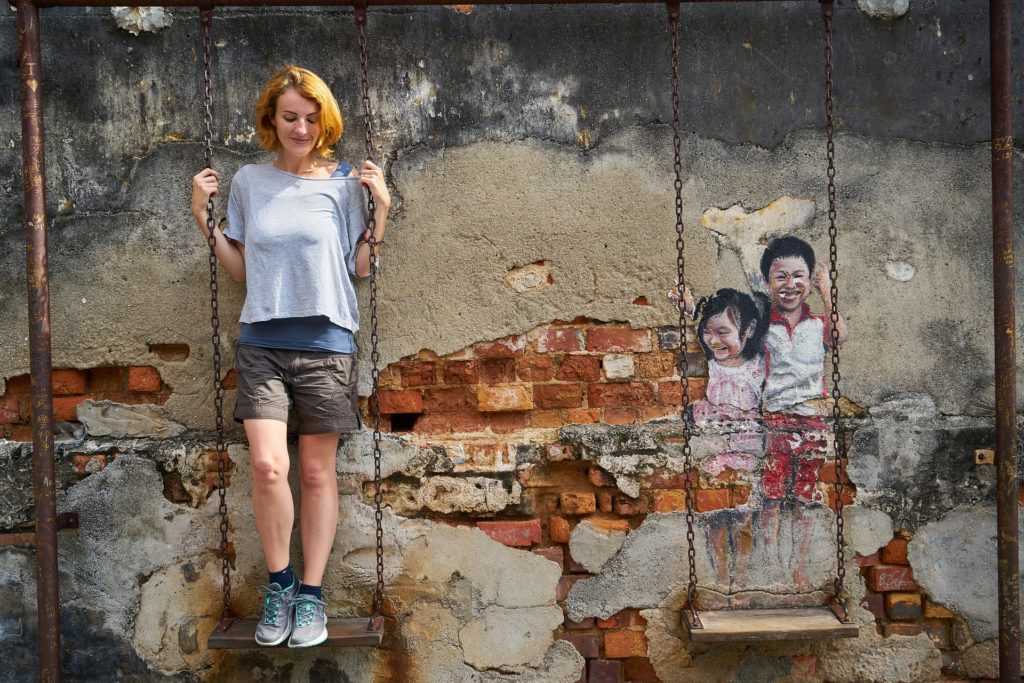
A tour operator can, for example, find out about how local companies work, how they fight against price dumping and how they promote fair pricing. A hotel, on the other hand, can shape its personnel policy fairly through good working conditions and pay – and also promote equality for women. Everyone wins: The staff feels valued, which is a decisive factor for a good mood. Guests feel that in turn and thus feel more comfortable.
With TourCert, the topic of human rights is an integral part of the certification process and anchored in the sustainability criteria. As part of the TourCert Check entry-level system, companies also commit themselves to guidelines that prevent discrimination and corruption and promote the health, privacy and well-being of particularly vulnerable individuals such as children, women, indigenous peoples, people with disabilities and minorities.

In order to anchor the important topic of human rights in the minds of tourism professionals, TourCert offers the e-learning Travel for Tomorrow Basic on the basics of sustainability in tourism and dedicates a special part to the topics of meeting people at eye level, human rights, fair working conditions, protection of children. The guidelines of “Roundtable Human Rights in Tourism” offers further information especially for tour operators.
Travellers themselves can also do their part. Take a socially sensitive holiday and relate to the country, culture and mentality before your holiday to show interest and respect. Find out more in our “Tips for responsible travel”.
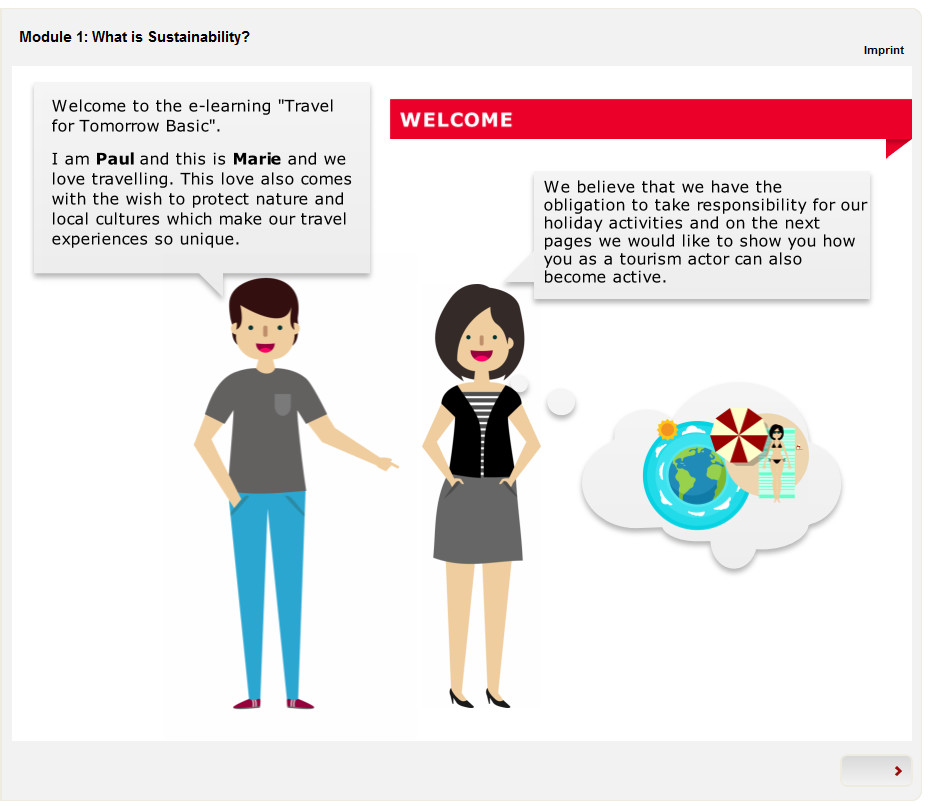
A particularly sensitive topic in tourism is children, child labour and prostitution. In tourist areas, women, children and ethnic minorities in particular are exposed to an increased risk of becoming victims of (sexual) violence. The initiative The Code reaffirms the tourism industry’s commitment to the fight against child sex tourism. The travel companies that adhere to this Code take countermeasures, e.g. by training employees in children’s rights, a zero tolerance policy and educating tourists.
Together with The Code, TourCert is committed to the protection of children and has set itself the goal of raising awareness of this important issue. In cooperation with the initiative, child protection practices among tourism companies shall be promoted, awareness of the crime of child sex tourism raised and the Code of Conduct actively disseminated. You can find out more about this in our blog post on the cooperation.
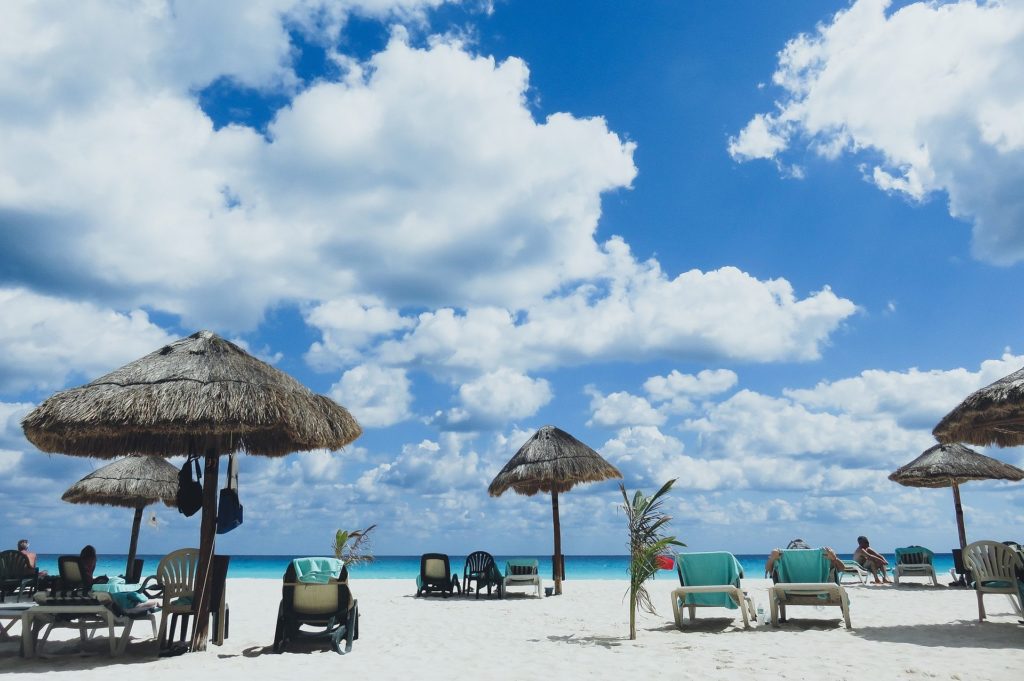
Securing human rights is also one of the main motives of our project Turismo Comunitario in Ecuador. The aim is to strengthen the economic self-determination of indigenous communities and thus make a contribution to combating poverty and promoting natural wealth.
Within the scope of our project TourCert Latina we strengthen human rights in the project countries Ecuador, Peru, Colombia and Costa Rica by pursuing an empowerment approach. We sensitize and train local people to social and ecological problems and in this way ensure that structures develop independently and are persistently enshrined.
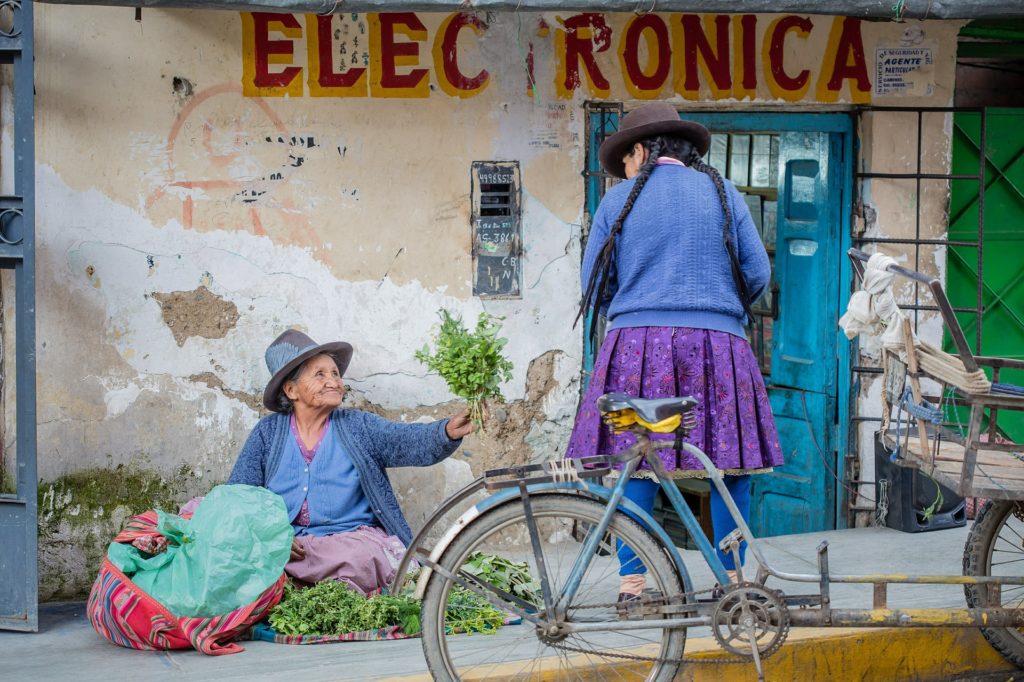
Within the framework of the above-mentioned projects and various consultations, training courses and certifications, we have been able to sensitize and educate the most diverse groups of people, from travellers, tourism experts and managers to political actors and finally indigenous communities, on the subject of human rights – and would like to call for active implementation and support on this important issue.
Read more about the “Power of Travelers” in the latest press release of Naturefriends International.
The video of the forum anders reisen shows the topic very vividly (only in German).
In this knowledge module human rights in tourism from fairwärts you can inform yourself online about the topic to prevent human rights violations in tourism. (only in German)
Tags
Human Rights, Roundtable Human Rights, The Code, Tourism
